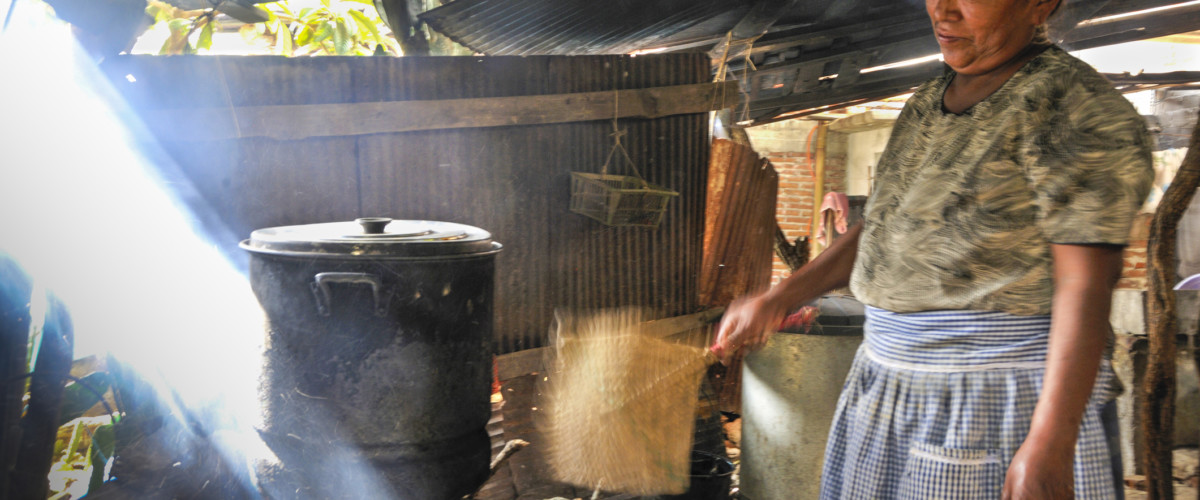The Anthropology of Aging

With this blog I am hoping to provide a comparative perspective on aging, using my own experiences, my research and the work of others on the anthropology of aging. I plan to explore how other cultures approach the task of growing old, the statuses and roles of older members in non-Western societies, and ultimately, how people die and how the living relate to the dead.
In this first posting, I want to introduce you to the people of Zapotepec, the site in Mexico for my dissertation field research, now more than 40 years old. In the early 1970’s, I lived for an extended period of time in a small village of southern Mexico. Located in the Isthmus of Tehuantepec in the state of Oaxaca, near the Pacific Ocean, my little town (1,279 pop) was home for almost two years as I worked at doing ethnographic research in support of my doctoral dissertation in cultural anthropology.
My memories of Zapotepec have, of course, diminished, but I still have a vivid sense of what life was like there for me and the townspeople, many of whom over the course of two years became close friends. In many respects Zapotepec was paradisiacal, especially in comparison to other Mexican villages of that era.
A farming community, every household had access to land, both irrigated and dry land. Farmers owned or could borrow oxen for plowing, but no tractors. Few men were incapacitated by alcohol, but almost all adult men were prone to binge drinking on a regular basis, a part of the fiesta cycle that I may describe in a future posting. In a review of town records and in the memory of the old people, the town averaged less that one homicide a decade, and only one killing while I was in residence.
Isthmus Zapotec women were and are famous for being a powerful social presence in their communities. They are outgoing, vocal, on average taller than the men, and in control of their families and households. While men were subsistence farmers, Zapotepec women controlled and operated any and all businesses that operated on a cash basis, with the exception of the beer distributorships.
There was schooling for children through grade 8 in the village, and through high school in the nearby larger town, a bus ride away. The village had electricity, but not potable water, which had to be collected on a daily basis from a stream that ran through town. The villagers spoke Zapotec and Spanish. Religion was a form of folk Catholicism rooted in 17th century rituals, and tradition claimed that the town had never had a resident priest. And, the Isthmus Zapotec loved to celebrate almost any occasion with food, drink and music.
Seven percent of the residents were 65 years of age and over, 45 men and 46 women. There were nine people age 80 and above. My mentor and key informant Cinecio Bautista was one of the village elders, in his early 70s, still working actively as a farmer, serving as the town judge or alcalde, fluent in Spanish and Zapotec, a respected and active member of the village community, and almost always patient with his naïve and hapless American student. I will try to flesh out his life and death in my next post.
David Rymph
